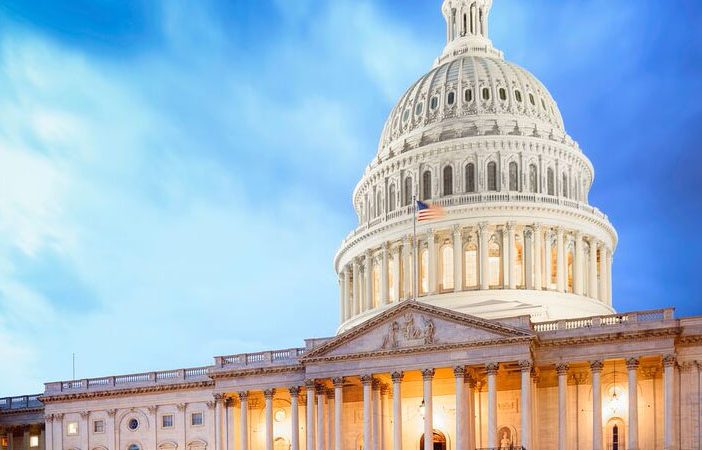Democrats hold control of the federal government by the slightest of margins. President Biden eked out a victory last November, largely due to the extreme unpopularity of his opponent. They cling to the narrowest of margins in the House of Representatives, having lost a substantial number of seats in the last election. The Senate is split evenly, with the Democrats in control only by virtue of the fact that Vice President Kamala Harris casts tie-breaking votes.
Reality would suggest that the only mandate Democrats have is to govern by consensus. Instead, they are breaking all norms to force policies favored only by a radical fringe onto the American public. Among their efforts afoot to gain permanent power, by any means necessary, include eliminating the Senate filibuster rule, packing the Supreme Court, and making the District of Columbia (and possibly Puerto Rico) states, thereby guaranteeing themselves between two and four additional seats in the Senate.
The latest effort by Democrats to bend or rewrite long-standing rules to their political advantage is to attach a massive illegal alien amnesty to the FY 2022 federal budget. Senators Ed Markey, D-Mass., and Alex Padilla, D-Calif., (appointed to fill Kamala Harris’ vacated seat) have written a letter to President Biden asking him to include a massive illegal alien amnesty as part of next year’s budget.
In March, the House, which requires only a simple majority to approve legislation, passed the Dream and Promise Act, granting amnesty to every illegal alien who was in the country before January 1, 2021. As a fallback, the House is now considering the Essential Workers Act, a more “modest” amnesty bill that would legalize an estimated 5 million illegal aliens. Under current Senate rules, there is virtually no chance that the either of these bills could garner the 60 votes needed to bring them to the floor for a final vote. So, Senators Markey and Padilla, along with several House colleagues are looking for a workaround that entails making the amnesty a budget item.
How, you may wonder, can 5 million illegal aliens be classified as “essential workers,” and how could this conceivably be construed as a budget item? Well first, as the Essential Workers Act does, you classify just about every conceivable job being done by illegal aliens to be essential. Among the job categories deemed “essential” by the bill are, health care, emergency response, sanitation, restaurant ownership, food preparation, vending, catering, food packaging, meat processing, hotel or retail work, agricultural work, landscaping, construction, nanny services, house cleaning and janitorial services, as well as those operating laundromats.
Next you bootstrap broad budgetary implications onto the possible loss of all these essential workers on tax revenues and the ability of the government to raise necessary funds. (How, ever, will we pay for President Biden’s $1.9 trillion infrastructure bill without the tax revenues raised from nannies, house cleaners and laundromat operators?) Claiming that illegal alien workers are the only thing standing between us and the fiscal abyss also gets amnesty advocates around Senate rules that require that such add-ons be germane to the essence of the legislation – in this case the government’s ability to pay for stuff.
Of course, no one – not even the members of Congress who are proposing it – could make these claims with a straight face. But we are way past that point. Nobody cares, as long as they get what they want, which is power.





1 Comment
Pingback: Senate Democrats Push to Make Illegal Alien Amnesty a “Budget Issue” | 198 Immigration News